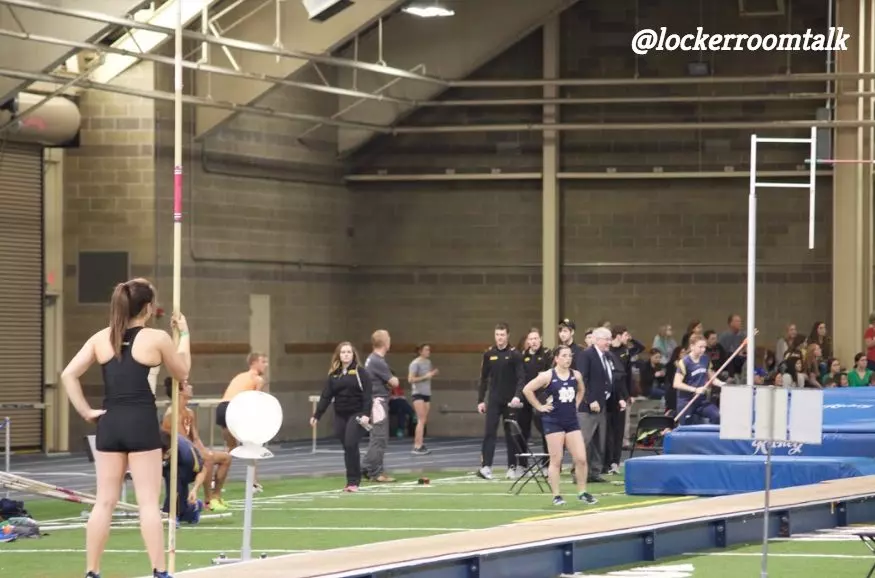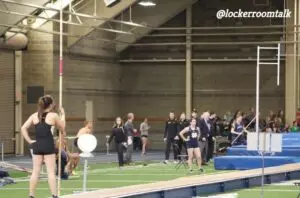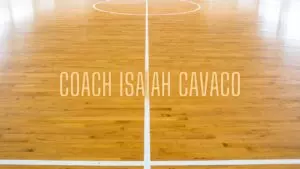Unlike many sports, the track and field recruiting process is easier because it is predominantly based on time, length, or height. Most college track and field coaches opt out of scouting visits because your personal records speak for themselves. Despite the objectiveness of the recruitment process, there are many things you can do to increase your chances of getting recruited for track and field.
- Do look into the possibility of joining a club team in high school. Although some club memberships can seem a bit expensive, AAU coaches and teams can help you develop as an athlete by providing more attention than most high school coaches. Most AAU club athletes are given the opportunity to run both indoors and outdoors and reap the benefits of running for a longer season. Chances are, you will gain great track experience and see quick improvements in your running, jumping, or throwing. You will also find that many club coaches know or have close relationships with college coaches.
- Do your research on the team, as well as the school. It is important to understand that every college track and field team is different. Look for improvement in current team members, especially in your potential event. Check the recruiting standards vs. the team's actual success. Determine if the school has an indoor track and/or a locker room. Find out how many coaches are on staff and what meets are generally on the schedule. All of these questions seem irrelevant but will have a major impact on your athletic experience if you are not informed. Remember, you will be spending the next four or more years at this institution so make sure you genuinely like the program.
- Do not limit yourself to just D1 institutions. There are an overwhelming amount of quality schools, coaches and track teams that remain in DII, DIII and NAIA. Weigh your pros and cons and determine what is the most important when choosing your dream school. Keep an open mind.
- Do understand the eligibility requirements. Be aware of the most recent eligibility requirements (both NCAA and NAIA) and consider that your potential school might have different requirements as well. Eligibility requirements can be found here: NCAA: http://www.athleticscholarships.net/ncaa-eligibility-center.htm. NAIA: https://www.playnaia.org/page/eligibility.phpIn addition, do not be afraid to talk to your high school counselor to verify that you are eligible for an athletic scholarship. They are here to help you!
- Do email the head coach, event coach, or both. If you feel as though you're not receiving attention from a specific school, it might be something as simple as sending an email to the coach. Introduce yourself via email and briefly provide your unofficial transcript, SAT/ACT scores, your specialty events and personal records. If you are competitive in multiple events, this is the time to mention that information. College coaches are likely to find you more valuable if you can contribute a variety of points in the conference championship. This could potentially increase the value of your scholarship.
- Do discover your funding options. Not all schools offer athletic scholarships but almost all schools offer financial aid packages or academic scholarships. Ask the coach or contact the financial aid office to see if you qualify for aid. You might be surprised!
- Don't be afraid to ask questions. Ask current or previous students about their experiences on the team. Many school transfers can be avoided just by peer communication and doing research beforehand. Ask the coach if you can get in contact with one of his/her athletes. Ask the coach questions as well. Don't be afraid to ask about his/her training philosophy. Many track and field scholarships are partial. If that is the case, ask the coach what must be achieved to obtain a full scholarship. Remember, the coach is trying to impress you.
- Don't stress. The worst thing that could happen in your high school season is if you let the stress of getting recruited inhibit you from doing your best. Most coaches are not looking for the next Allyson Felix or Usain Bolt, but they are looking for athletes who they can develop. Coaches want to recruit coachable and enthusiastic athletes. Remember, running form can be fixed with a college coach but attitude cannot.
* Originally published on November 22, 2016, by LRT Staff







